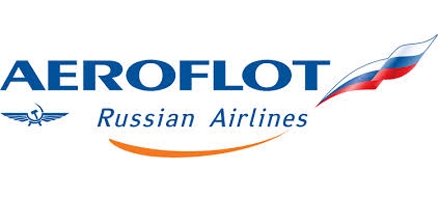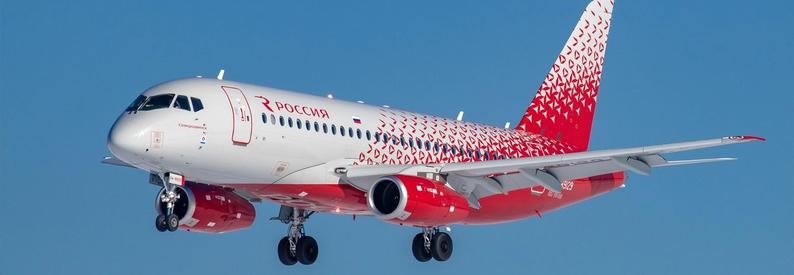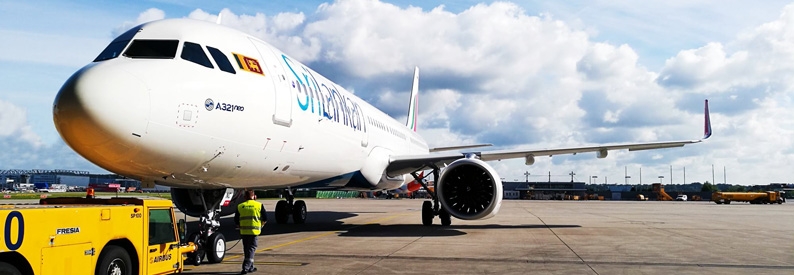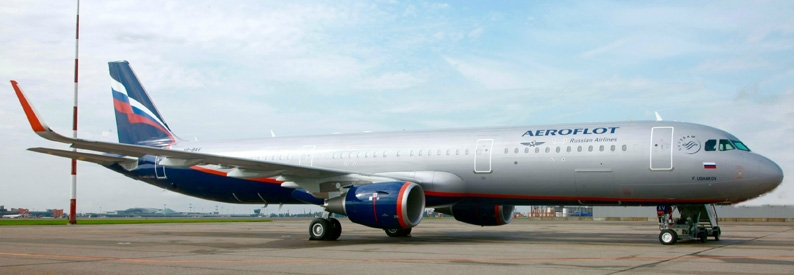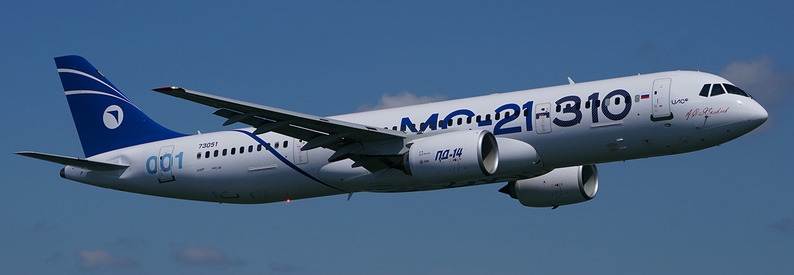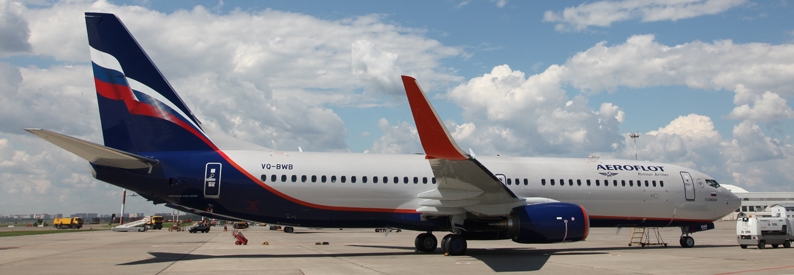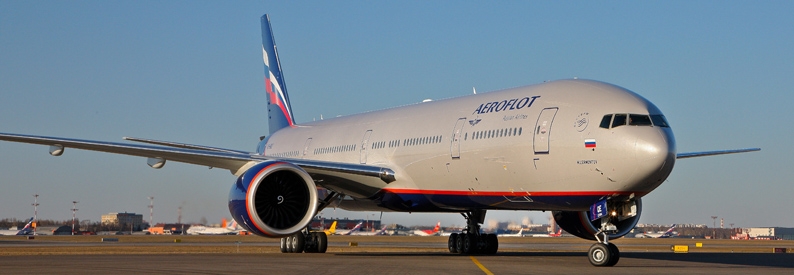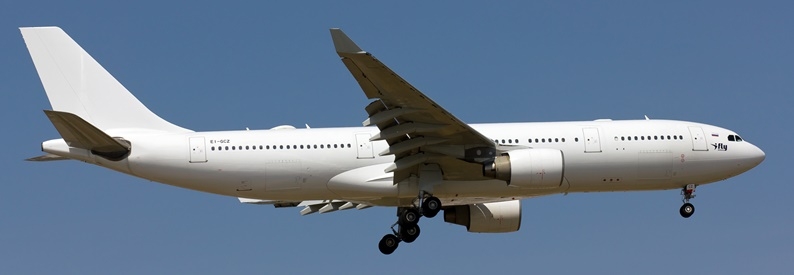The liquidators of GTLK Europe and GTLK Europe Capital have collected EUR41.5 million euros (USD47.6 million) in fees in the last two years and stand to reap tens of millions more before their work is done, according to the Irish Independent newspaper.
The Irish High Court appointed Damien Murran and Julian Moroney of Teneo Restructuring Ireland as joint liquidators to GTLK Europe DAC and GTLK Europe Capital DAC, both ultimately owned by Russia's GTLK - State Transport Leasing, in May 2023. Citing recent filings, the report reveals Teneo collected EUR14.3 million (USD16.4 million) in the six months to May 31, 2025, and EUR15.7 million (USD18 million) in the previous six-month period. The filings say the liquidation will take another two-and-a-half years to complete.
Aside from the liquidator's own fees, various other costs included international legal fees of EUR27.6 million (USD31.7 million), asset realisation costs of EUR3 million (USD3.4 million), and aircraft parking fees of EUR860,000 (USD986,000).
The winding up of the two Russian state-owned aircraft lessors involves 70 subsidiary entities located around the world, debts of approximately EUR167 million (USD191.5 million), and some 70 aircraft and 19 maritime vessels valued at around EUR4 billion (USD4.6 billion). The liquidation is Ireland's biggest to date.
The GTLK entities were financially crippled after Western nations imposed sanctions on certain Russian companies and individuals following the invasion of Ukraine. With their bank accounts frozen and unable to pay bills, creditors moved in on the GTLK entities, saying the companies could no longer conduct business.
Since their appointment, the liquidators have moved to sell some of the aircraft, including five A220-300s and four A319-100s. They have also litigated when necessary to try to enforce pre-existing lease obligations, including suing Qatar Airways (QR, Doha Hamad International) over unpaid A330 leases.
Murran and Moroney have recovered around EUR276 million (USD317 million) since their appointment but are holding onto the bulk of that as cash. They say there are substantially more assets at the subsidiary level yet to be recovered, but the multi-jurisdictional nature of the insolvency makes doing so a complex and expensive business.
